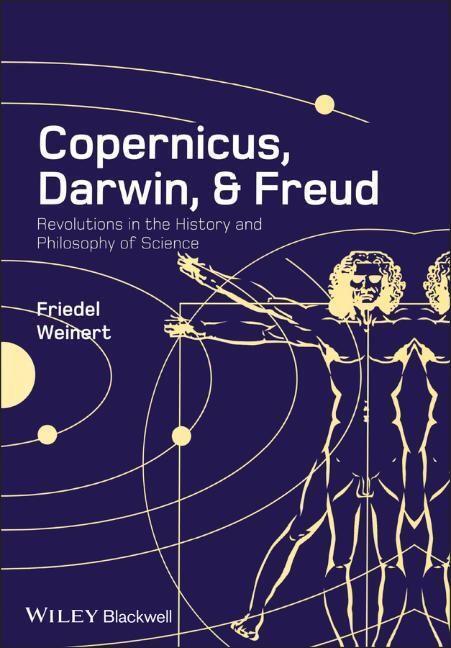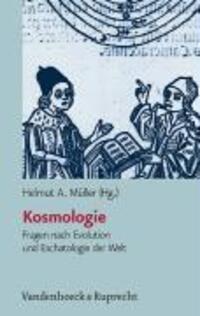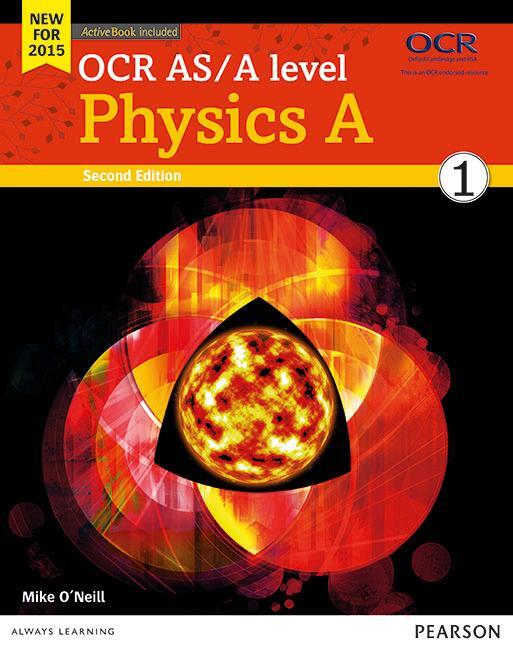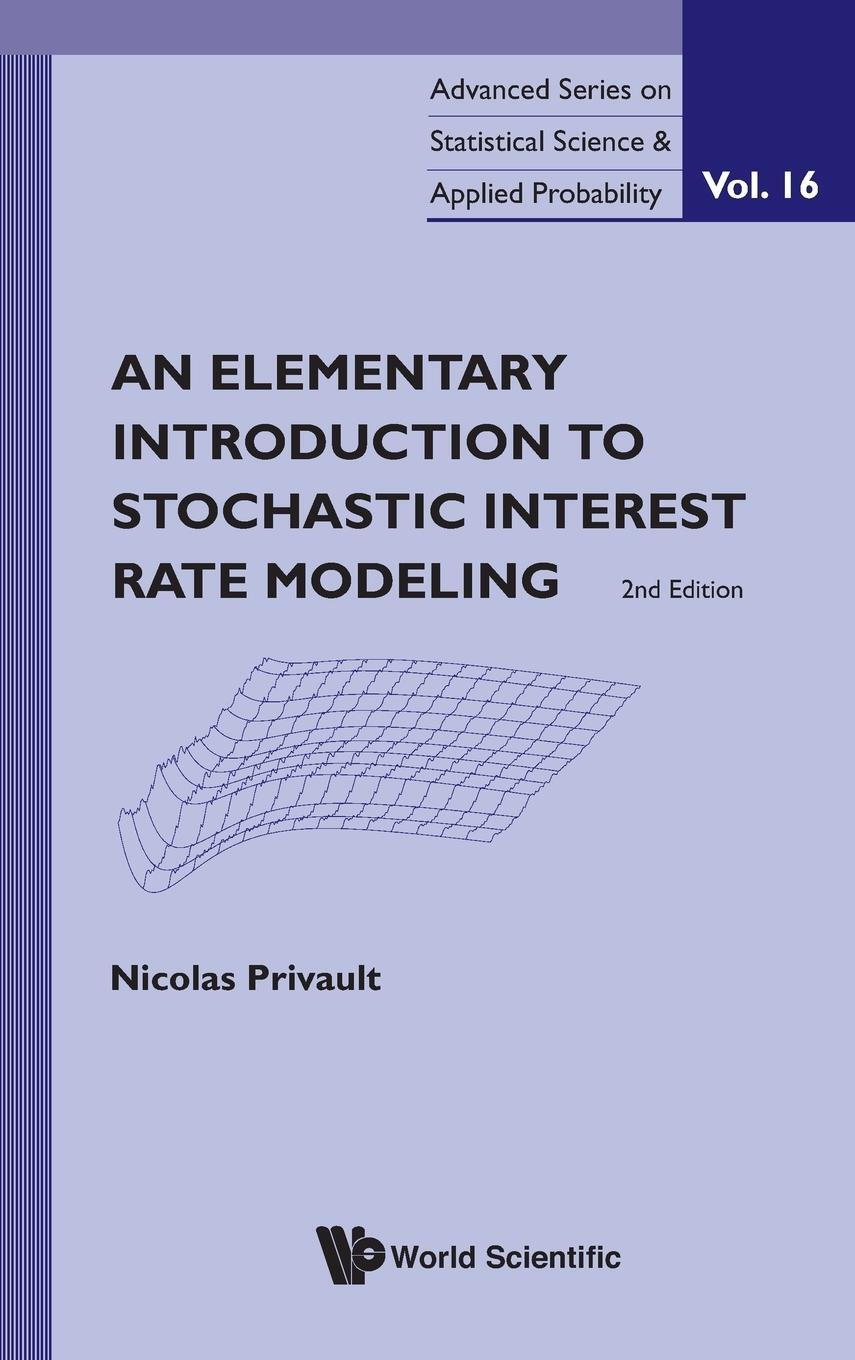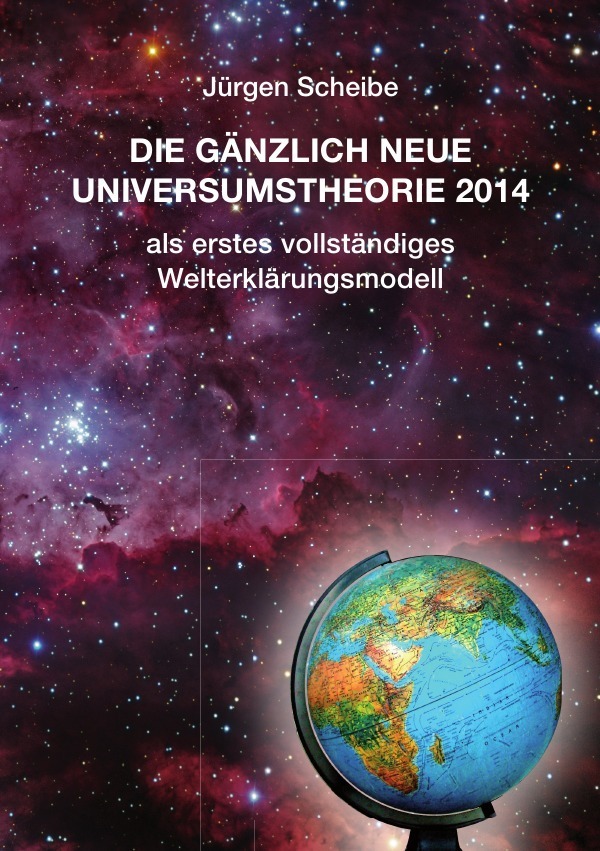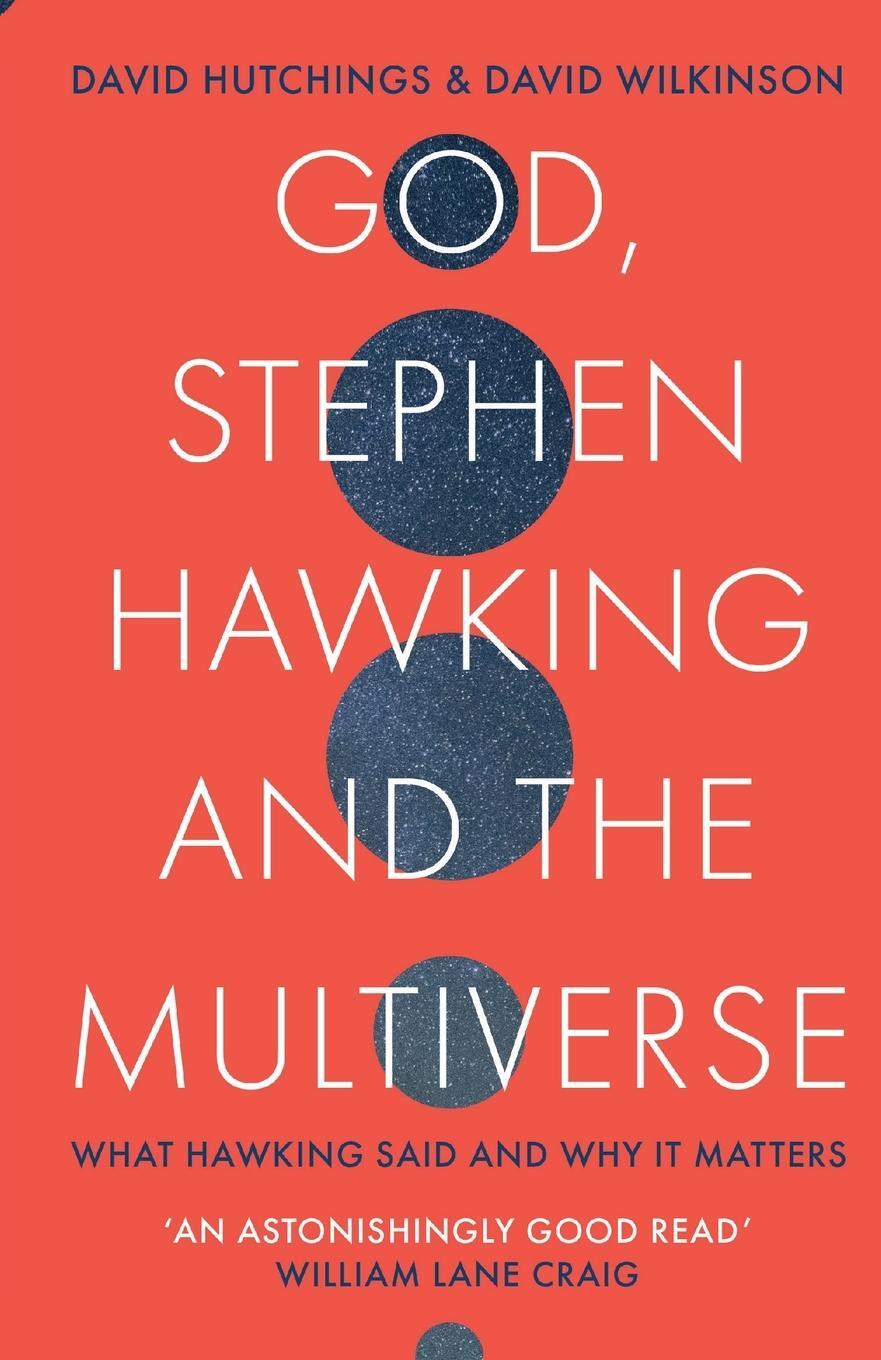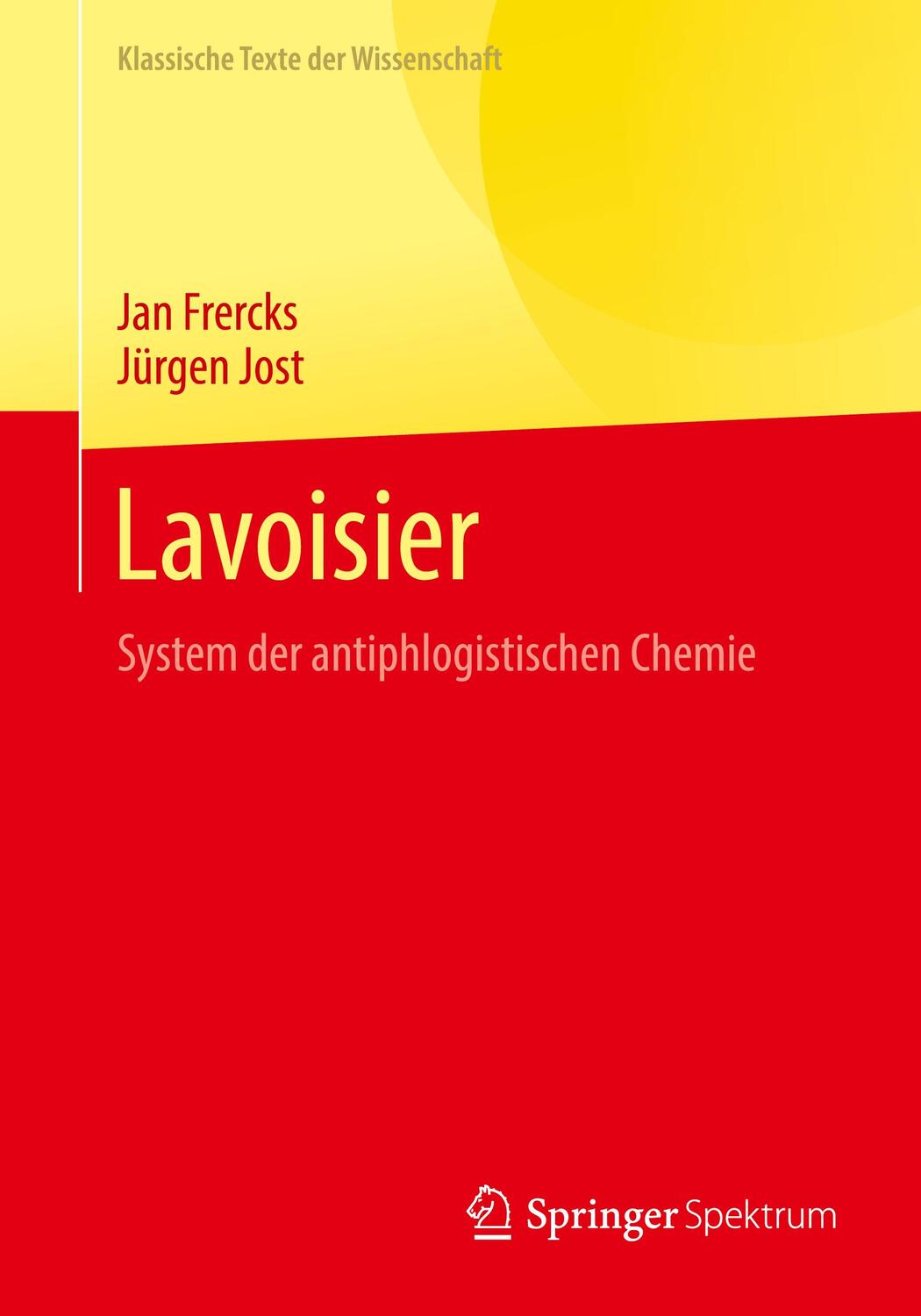Dekorationsartikel gehören nicht zum Leistungsumfang.
Sprache:
Englisch
54,00 €*
Versandkostenfrei per Post / DHL
Aktuell nicht verfügbar
Kategorien:
Beschreibung
Grundlegend umwälzende wissenschaftliche Erkenntnis führt zu gleichermaßen weitreichenden Umwälzungen in der Philosophie. Diese Verbindung wird anhand des Beispiels der Lehren von Kopernikus, Darwin oder Freud aufgezeigt.
Grundlegend umwälzende wissenschaftliche Erkenntnis führt zu gleichermaßen weitreichenden Umwälzungen in der Philosophie. Diese Verbindung wird anhand des Beispiels der Lehren von Kopernikus, Darwin oder Freud aufgezeigt.
Über den Autor
Friedel Weinert is Professor of Philosophy at Bradford University and a former Visiting Research Fellow at Harvard University and Visiting Fellow at the Centre for the Philosophy of Natural and Social Science at the LSE in London. He holds a PhD in Philosophy, a BA in Sociology, and a BSc in Physics. Dr. Weinert is the editor of Laws of Nature (1995), the author of The Scientist as Philosopher (2004) and chief editor of the forthcoming Compendium of Quantum Physics: Concepts, Experiments, History and Philosophy.
Inhaltsverzeichnis
General Introduction.
I. Nicolaus Copernicus: The Loss of Centrality.
I. 1 Ptolemy and Copernicus.
I. 2 A Clash of two Worldviews.
I. 3 The Heliocentric Worldview.
I. 4 Copernicus was not a Scientific Revolutionary.
I. 5 The Transition to Newton.
I. 6 Some Philosophical Lessons.
I. 7 Copernicus and Scientific Revolutions.
I. 8 The Anthropic Principle: A Reversal of the Copernican Turn?.
II. Charles Darwin: The Loss of Rational Design.
II. 1 Darwin and Copernicus.
II. 2 Views of Organic Life.
II. 3 Fossil Discoveries.
II. 4 Darwin's Revolution.
II. 5 Philosophical Matters.
II. 5.2 From Biology to the Philosophy of Mind.
II. 5. 3 The Loss of Rational Design.
II. 5.4 Intelligent Design.
II. 6 A Question of Method.
II. 6.1 Darwinian Inferences.
II. 6. 2 Philosophical Empiricism.
II. 6. 3 Some Principles of Elimination.
II. 6.4 Essential Features of Eliminative Inductivism.
II. 6.5 Falsifiability or Testability?.
II. 6.6 Explanation and Prediction.
II. 6.6 Some Models of Explanation - Functional Model, Causal Model, Structural Model.
II. 6. 7 A Brief Return to Realism.
II. 6. 8 Darwin and Scientific Revolutions.
II. 6. 8. 1 Philosophical Consequences.
III. Freud: The Loss of Transparency.
III. 1 Copernicus, Darwin and Freud.
III. 2 Some Views of Humankind.
III. 3 Scientism and the Freudian Model of Personality.
III. 4 The Social Sciences beyond Freud.
III. 5 Evolution and the Social Sciences.
III. 6 Freud and Revolutions in Thought.
Essay Questions
I. Nicolaus Copernicus: The Loss of Centrality.
I. 1 Ptolemy and Copernicus.
I. 2 A Clash of two Worldviews.
I. 3 The Heliocentric Worldview.
I. 4 Copernicus was not a Scientific Revolutionary.
I. 5 The Transition to Newton.
I. 6 Some Philosophical Lessons.
I. 7 Copernicus and Scientific Revolutions.
I. 8 The Anthropic Principle: A Reversal of the Copernican Turn?.
II. Charles Darwin: The Loss of Rational Design.
II. 1 Darwin and Copernicus.
II. 2 Views of Organic Life.
II. 3 Fossil Discoveries.
II. 4 Darwin's Revolution.
II. 5 Philosophical Matters.
II. 5.2 From Biology to the Philosophy of Mind.
II. 5. 3 The Loss of Rational Design.
II. 5.4 Intelligent Design.
II. 6 A Question of Method.
II. 6.1 Darwinian Inferences.
II. 6. 2 Philosophical Empiricism.
II. 6. 3 Some Principles of Elimination.
II. 6.4 Essential Features of Eliminative Inductivism.
II. 6.5 Falsifiability or Testability?.
II. 6.6 Explanation and Prediction.
II. 6.6 Some Models of Explanation - Functional Model, Causal Model, Structural Model.
II. 6. 7 A Brief Return to Realism.
II. 6. 8 Darwin and Scientific Revolutions.
II. 6. 8. 1 Philosophical Consequences.
III. Freud: The Loss of Transparency.
III. 1 Copernicus, Darwin and Freud.
III. 2 Some Views of Humankind.
III. 3 Scientism and the Freudian Model of Personality.
III. 4 The Social Sciences beyond Freud.
III. 5 Evolution and the Social Sciences.
III. 6 Freud and Revolutions in Thought.
Essay Questions
Details
| Erscheinungsjahr: | 2008 |
|---|---|
| Fachbereich: | Populäre Darstellungen |
| Genre: | Philosophie |
| Rubrik: | Geisteswissenschaften |
| Medium: | Taschenbuch |
| Seiten: | 304 |
| Inhalt: | 320 S. |
| ISBN-13: | 9781405181839 |
| ISBN-10: | 1405181834 |
| Sprache: | Englisch |
| Herstellernummer: | 1A405181830 |
| Einband: | Kartoniert / Broschiert |
| Autor: | Weinert, Friedel |
| Hersteller: |
John Wiley & Sons
Open Stax Textbooks |
| Maße: | 248 x 172 x 23 mm |
| Von/Mit: | Friedel Weinert |
| Erscheinungsdatum: | 01.11.2008 |
| Gewicht: | 0,527 kg |
Über den Autor
Friedel Weinert is Professor of Philosophy at Bradford University and a former Visiting Research Fellow at Harvard University and Visiting Fellow at the Centre for the Philosophy of Natural and Social Science at the LSE in London. He holds a PhD in Philosophy, a BA in Sociology, and a BSc in Physics. Dr. Weinert is the editor of Laws of Nature (1995), the author of The Scientist as Philosopher (2004) and chief editor of the forthcoming Compendium of Quantum Physics: Concepts, Experiments, History and Philosophy.
Inhaltsverzeichnis
General Introduction.
I. Nicolaus Copernicus: The Loss of Centrality.
I. 1 Ptolemy and Copernicus.
I. 2 A Clash of two Worldviews.
I. 3 The Heliocentric Worldview.
I. 4 Copernicus was not a Scientific Revolutionary.
I. 5 The Transition to Newton.
I. 6 Some Philosophical Lessons.
I. 7 Copernicus and Scientific Revolutions.
I. 8 The Anthropic Principle: A Reversal of the Copernican Turn?.
II. Charles Darwin: The Loss of Rational Design.
II. 1 Darwin and Copernicus.
II. 2 Views of Organic Life.
II. 3 Fossil Discoveries.
II. 4 Darwin's Revolution.
II. 5 Philosophical Matters.
II. 5.2 From Biology to the Philosophy of Mind.
II. 5. 3 The Loss of Rational Design.
II. 5.4 Intelligent Design.
II. 6 A Question of Method.
II. 6.1 Darwinian Inferences.
II. 6. 2 Philosophical Empiricism.
II. 6. 3 Some Principles of Elimination.
II. 6.4 Essential Features of Eliminative Inductivism.
II. 6.5 Falsifiability or Testability?.
II. 6.6 Explanation and Prediction.
II. 6.6 Some Models of Explanation - Functional Model, Causal Model, Structural Model.
II. 6. 7 A Brief Return to Realism.
II. 6. 8 Darwin and Scientific Revolutions.
II. 6. 8. 1 Philosophical Consequences.
III. Freud: The Loss of Transparency.
III. 1 Copernicus, Darwin and Freud.
III. 2 Some Views of Humankind.
III. 3 Scientism and the Freudian Model of Personality.
III. 4 The Social Sciences beyond Freud.
III. 5 Evolution and the Social Sciences.
III. 6 Freud and Revolutions in Thought.
Essay Questions
I. Nicolaus Copernicus: The Loss of Centrality.
I. 1 Ptolemy and Copernicus.
I. 2 A Clash of two Worldviews.
I. 3 The Heliocentric Worldview.
I. 4 Copernicus was not a Scientific Revolutionary.
I. 5 The Transition to Newton.
I. 6 Some Philosophical Lessons.
I. 7 Copernicus and Scientific Revolutions.
I. 8 The Anthropic Principle: A Reversal of the Copernican Turn?.
II. Charles Darwin: The Loss of Rational Design.
II. 1 Darwin and Copernicus.
II. 2 Views of Organic Life.
II. 3 Fossil Discoveries.
II. 4 Darwin's Revolution.
II. 5 Philosophical Matters.
II. 5.2 From Biology to the Philosophy of Mind.
II. 5. 3 The Loss of Rational Design.
II. 5.4 Intelligent Design.
II. 6 A Question of Method.
II. 6.1 Darwinian Inferences.
II. 6. 2 Philosophical Empiricism.
II. 6. 3 Some Principles of Elimination.
II. 6.4 Essential Features of Eliminative Inductivism.
II. 6.5 Falsifiability or Testability?.
II. 6.6 Explanation and Prediction.
II. 6.6 Some Models of Explanation - Functional Model, Causal Model, Structural Model.
II. 6. 7 A Brief Return to Realism.
II. 6. 8 Darwin and Scientific Revolutions.
II. 6. 8. 1 Philosophical Consequences.
III. Freud: The Loss of Transparency.
III. 1 Copernicus, Darwin and Freud.
III. 2 Some Views of Humankind.
III. 3 Scientism and the Freudian Model of Personality.
III. 4 The Social Sciences beyond Freud.
III. 5 Evolution and the Social Sciences.
III. 6 Freud and Revolutions in Thought.
Essay Questions
Details
| Erscheinungsjahr: | 2008 |
|---|---|
| Fachbereich: | Populäre Darstellungen |
| Genre: | Philosophie |
| Rubrik: | Geisteswissenschaften |
| Medium: | Taschenbuch |
| Seiten: | 304 |
| Inhalt: | 320 S. |
| ISBN-13: | 9781405181839 |
| ISBN-10: | 1405181834 |
| Sprache: | Englisch |
| Herstellernummer: | 1A405181830 |
| Einband: | Kartoniert / Broschiert |
| Autor: | Weinert, Friedel |
| Hersteller: |
John Wiley & Sons
Open Stax Textbooks |
| Maße: | 248 x 172 x 23 mm |
| Von/Mit: | Friedel Weinert |
| Erscheinungsdatum: | 01.11.2008 |
| Gewicht: | 0,527 kg |
Warnhinweis

